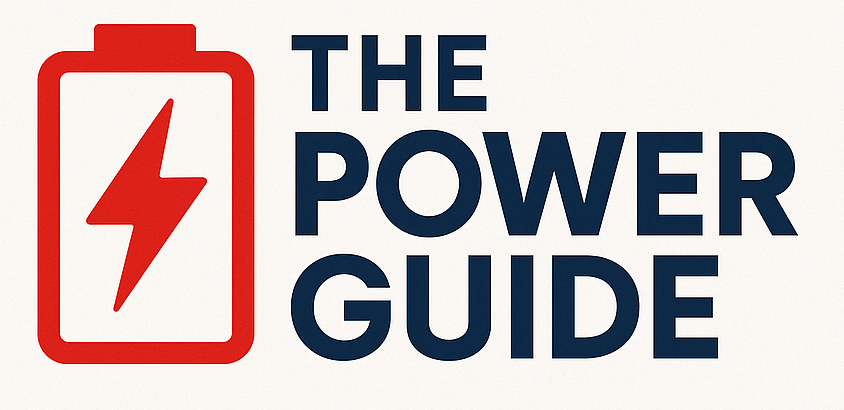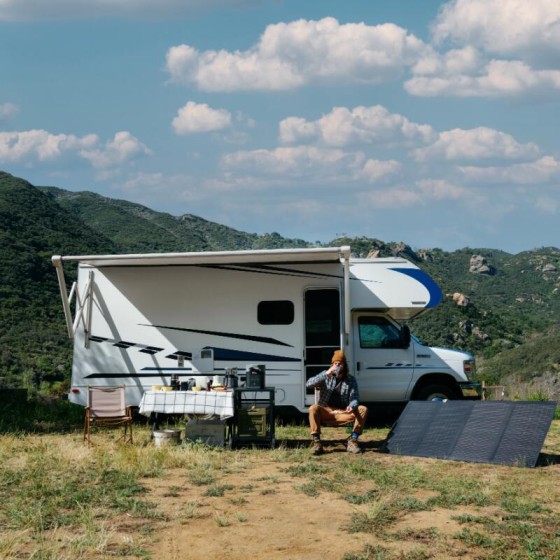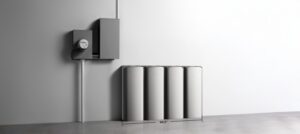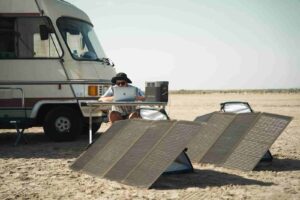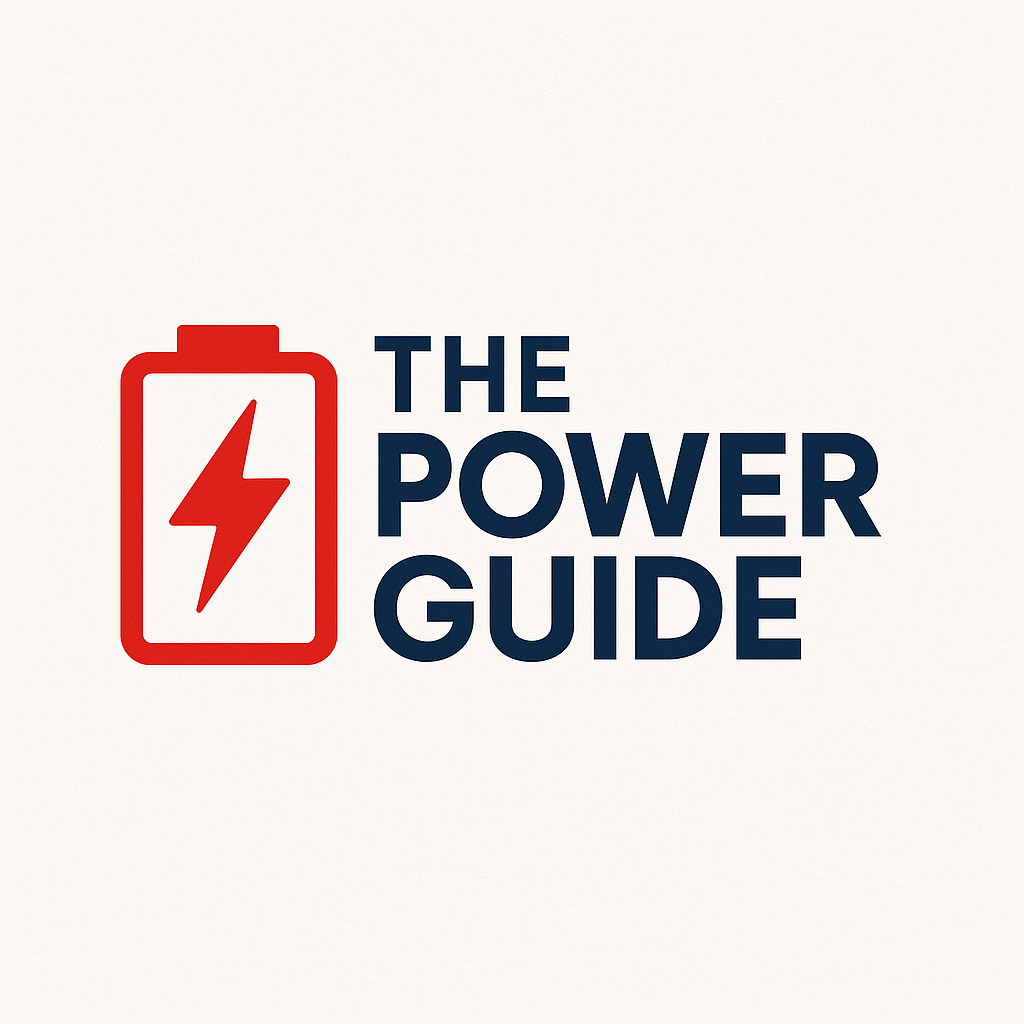The Growing Demand for Portable Power
As outdoor adventures and emergency preparedness become more common, the need for portable power is on the rise. Portable power stations have emerged as a dependable solution, keeping devices charged and people connected—no matter where they are. From remote campsites to living rooms during blackouts, these versatile tools are quickly becoming essential.
Why Portable Power Stations Matter Today
Whether you’re a camper, a homeowner, or someone who enjoys life off the grid, portable power stations provide a reliable source of electricity wherever you go. They’re perfect for van life, outdoor excursions, or handling unexpected power outages. With one on hand, you’re never left in the dark.
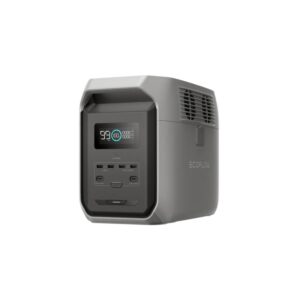
Introducing EcoFlow and Jackery: Leaders in Portable Power
EcoFlow and Jackery are two standout names in the portable energy industry, each with a unique mission and approach. Their backgrounds influence how they innovate and serve their customers. By understanding their core values and strategies, you can better decide which brand aligns with your specific energy needs.
What Sets Them Apart in the Solar Generator Market?
EcoFlow is known for pushing the envelope with cutting-edge features like ultra-fast charging and high-capacity batteries. Jackery, meanwhile, focuses on simplicity and dependability, delivering user-friendly solutions that are easy to operate. Both brands enjoy strong reputations and loyal customer bases, making them top contenders in the solar generator space.
Core Comparison: Key Features and Specifications
Let’s break down the essential differences between EcoFlow and Jackery—looking at performance, capacity, charging speed, portability, and other vital specs that matter when choosing a solar generator.
Battery Technology & Lifespan
LiFePO4 vs. NMC Batteries
Newer portable power stations are increasingly switching from NMC (Nickel Manganese Cobalt) to LiFePO4 (Lithium Iron Phosphate) battery chemistry. While LiFePO4 batteries are generally heavier and more expensive, they offer major advantages in safety, thermal stability, and lifespan.
Brand Adoption Trends
-
EcoFlow: Initially used NMC batteries in its River and Delta series. However, newer models—especially in the Delta Pro line—have transitioned to LiFePO4.
-
Jackery: Earlier units featured NMC, but the Explorer Pro series now also utilizes LiFePO4 cells for improved longevity.
Lifespan & Charge Cycles
-
EcoFlow LiFePO4 models: Typically rated for 3,000+ charge cycles.
-
Jackery LiFePO4 models: Deliver around 2,000+ charge cycles.
This means EcoFlow units may offer a slightly longer operational lifespan under frequent use.
⚡ Power Output & Capacity
Understanding Wh vs. W
-
Watt-hours (Wh): How much energy is stored (battery capacity).
-
Watts (W): The rate of power output (how much power can be delivered at once).
Both are important when determining if a power station meets your device needs.
AC Output: Continuous vs. Peak
-
Continuous Output: The sustained wattage a power station can deliver.
-
Peak/Surge Output: Temporary boost to handle startup surges in power-hungry devices.
-
EcoFlow’s X-Boost Technology: Increases surge capacity, making it easier to power devices that temporarily exceed the standard output rating.
-
Inverter Quality: Both EcoFlow and Jackery use pure sine wave inverters, making them safe for sensitive electronics (e.g., laptops, CPAP machines, etc.).
🔌 Model Lineups & Capacity Ranges
EcoFlow Models
-
River – ~720Wh
-
Delta – ~1260Wh
-
Delta Pro – ~3600Wh (expandable up to 25kWh with accessories)
Jackery Models
-
Explorer 500 – 518Wh
-
Explorer 1000 Pro – 1002Wh
-
Explorer 2000 Pro – 2224Wh
🛠️ Real-World Use Cases
-
Low-capacity units (e.g., River, Explorer 500): Ideal for charging phones, tablets, lights, and small gadgets.
-
Mid-capacity units (e.g., Delta, Explorer 1000 Pro): Suitable for running Wi-Fi routers, mini-fridges, and medical devices.
-
High-capacity units (e.g., Delta Pro, Explorer 2000 Pro): Capable of powering microwaves, power tools, or essential home appliances during outages.
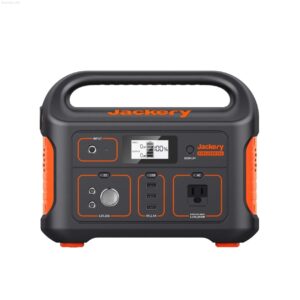
Charging Speed and Methods
AC Wall Charging
EcoFlow’s X-Stream fast-charging technology enables up to 80% charge in just one hour. In comparison, the Jackery Explorer 1000 requires around two hours to reach the same charge level.
Solar Charging
While Jackery’s newer models have improved solar input, EcoFlow maintains the advantage with more efficient MPPT controllers and broader solar panel compatibility, resulting in faster and more versatile solar charging.
Car Charging and Alternative Inputs
Both brands support car outlet charging. However, EcoFlow’s Delta Pro adds a significant edge by offering EV-style charging—ideal for users with electric vehicles or advanced energy needs.
Portability and Design
Weight and Size
-
EcoFlow Delta: ~13.1 kg
-
Jackery Explorer 1000: ~11.5 kg
-
EcoFlow River Pro: ~5 kg
-
Jackery Explorer 500: ~6.2 kg
Weight varies across models, with EcoFlow offering both lightweight and high-capacity options.
Handles, Wheels, and Ruggedness
Jackery products lean towards compact, minimalist designs. EcoFlow models, especially higher-end ones like the Delta Pro, are built for durability and come equipped with wheels for easier transport.
Build Quality
EcoFlow’s Delta series features rugged construction for frequent use and travel. Jackery opts for a sleek, practical finish—ideal for casual outdoor activities and occasional use.
User Experience and Ecosystem
Mobile App and Smart Features
EcoFlow offers an advanced mobile app with real-time monitoring, remote control via Wi-Fi/Bluetooth, and customizable settings. Jackery’s app is simpler, providing essential controls without additional complexity.
Smart Home Integration
EcoFlow’s Delta Pro Ultra supports integration with home energy systems, making it suitable for backup and smart home use. Jackery does not currently offer this functionality.
Expandability and Accessories
Battery Expansion
EcoFlow allows users to expand capacity with add-on batteries—especially useful for extended off-grid use. Jackery offers limited expansion options, focusing instead on all-in-one units.
Accessory Ecosystem
EcoFlow supports a wide range of accessories, including extra solar panels and smart energy devices. Jackery focuses on ease of use, with compatible solar panels but fewer modular accessories.
Modular vs. Standalone Design
EcoFlow’s modular systems offer more flexibility for advanced setups. Jackery excels in plug-and-play simplicity for users who prefer straightforward operation.
Pricing, Warranty, and Customer Support
Price Comparison
-
EcoFlow River Pro: ~£300
-
EcoFlow Delta: ~£800
-
Jackery Explorer 500: ~£400
-
Jackery Explorer 1000: ~£900
EcoFlow often delivers more features per pound, especially in performance and expandability.
Warranty
Both brands offer warranties ranging from 2 to 5 years, depending on the product and seller. Always verify specific terms before purchasing.
Customer Service
EcoFlow is known for detailed online support and responsive service. Jackery consistently receives praise for its friendly and efficient customer care, making both brands reliable choices.
Performance in Real-World Scenarios
Camping and Outdoor Use
Jackery is the better choice for lightweight, portable, and easy-to-use units. EcoFlow suits those needing higher capacity or running multiple devices at once.
RV and Van Life
EcoFlow’s Delta and Delta Pro models can handle appliances like fridges and cooktops with ease. Jackery’s 1000 or 2000 Pro models are more compact and easier to manage, making them well-suited for minimalist van setups.
Best for Home Backup & Emergency Preparedness
High-capacity options with home integration
-
EcoFlow Delta Pro: Ideal for whole-home backup with expandable battery packs and optional home panel integration.
-
Jackery: Great for powering essentials like lights, Wi-Fi, and small appliances during blackouts.
Best for Professional Use or Off-Grid Work
Designed to power tools and high-draw equipment
-
EcoFlow: Offers higher output and capacity, making it well-suited for construction sites, mobile workshops, and off-grid projects.
-
Jackery: Handles smaller tasks efficiently but may struggle with high-power tools or prolonged heavy use.
EcoFlow: Pros & Cons
Pros:
-
Rapid charging speeds
-
Expandable battery systems
-
Smart features and app control
-
Home power integration available
Cons:
-
Bulkier and heavier
-
Higher upfront cost
-
More complex setup for beginners
Jackery: Pros & Cons
Pros:
-
Lightweight and portable
-
Easy to use—great for beginners
-
Reliable for basic needs
Cons:
-
Slower to recharge
-
Limited scalability
-
Lacks smart home or app connectivity
